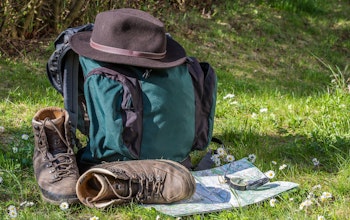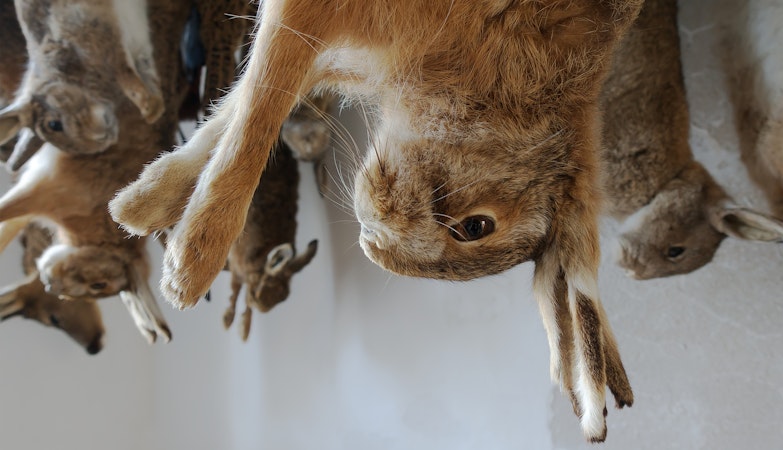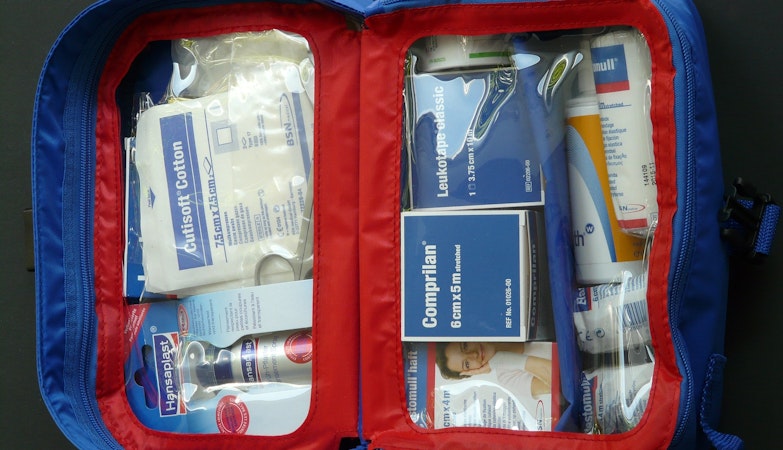I think as Americans, we are blessed in being able to afford to buy items in bulk. But, at the same time I think we should learn about budgeting what we consume, along with some alternatives.
Are you willing or prepared to develop a ‘bartering surplus’ within the use of your everyday shopping habits?
I recently read an article on APN News about Sari-Sari stores. It occurred to me that we have the ability to develop similar ‘markets’ through our own everyday purchases. Sari-Sari’s are small community convenience stores (in a word) often found in the villages throughout the Philippines.
Preppers here in the U.S. often talk about purchasing food and supplies in bulk from warehouse stores like Costco, Sam’s Club, etc.. That’s actually not a bad idea, but ONLY if you are disciplined enough to plan your meals and usage of your supplies, and not consuming any more than you actually need.
This stresses the importance of establishing thoughtful, regular food planning and meal preparations based on what we are accustomed to eating or would normally consume. Thus, allowing us that extra supply for emergency storage.
Well, what if we set aside a portion of what we purchase, and package it into smaller individual sizes? This could afford us the opportunity to maintain our own personal emergency storage, and begin to build a bartering system.
For example, a 25lb bag of rice is easy to come by today. But, in the future, who knows? Keeping 5lb for our regular use seems adequate. Most people don’t eat rice at every day, and since its volume doubles when cooked we really don’t tend to need very much dried rice for a single meal. By storing 10# for our coffer, we still have 10# left available to seal/store/package, into much smaller units. A 1/2 lb package (One Cup), doubles when cooked, into 2 Cups. Each of those smaller units now becomes a valuable bartering tool. We now have 20 smaller units available to work with.
Think beyond food items, as well. There are many, many items we use daily that can be separated and stored individually.
- Laundry detergent (Tide has individual 1”x1” packets, in sets of 3 for about $1, or so)
- Lighters
- Flashlights
- Batteries
- Bouillon cubes
- Diapers
- Toilet paper
- Flour
- Bars of soap
- First aid items, many come in individual use packs (peroxide, alcohol, Neosporin etc.),
- Spices (salt and pepper packages, like from fast food places)
- I have seen on Amazon.com, multitudes of food items available in restaurant packaging intended for individual use (also good for less waste, when opened). Many are very inexpensive and worth the thought when considering reducing the load of our Go Bags.
- Cigarettes, split up the pack and seal them.
- (Some say small bottles of alcohol… Sprits – I don’t care for this idea but, to each, his own).
This list can go on-and-on. I believe this mode of thinking may take us one step beyond where we currently are. There may be something that someone needs, and vice-verse.
I personally draw the line at Ammo… You are not getting, what you can use against me!!
During the recent Tornadoes that effected the Coal City region, this is exactly what we did. In providing smaller package items for the families that needed supplies, they were not burdened with how to store them (for example 25# of rice).
Would I recommend “Hanging A Shingle”, NO! However, there are families of preppers developing that will be relying on one another for their survival. This can become a life saving or longevity tool for all of us, within the prepping communities.
This also leads into groups collectively making purchases at Bulk stores and splitting purchases amongst one another, both, the items and their costs. This would be another good way to develop our emergency supplies.
I hope this gives rise to a newer way of thinking for some, as, we do not know what the future holds for us. Each person’s idea of SHTF means something different, and perhaps this will give rise to ‘thinking outside the box”.
-Lisa Pappas – April 2, 2014









